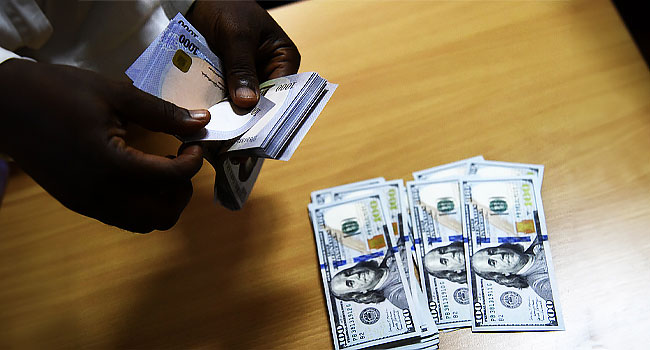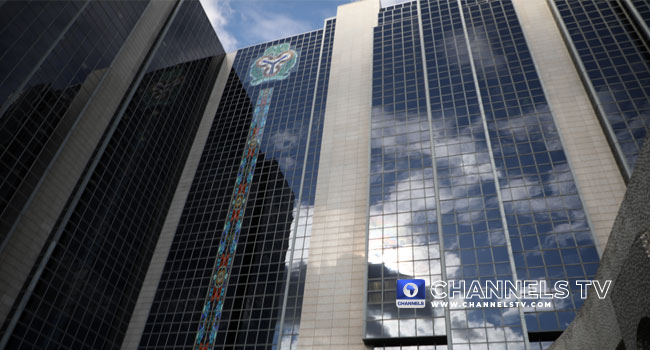Amid inflationary pressures sparked in part by the Russia-Ukraine war, the Central Bank of Nigeria’s Monetary Policy Committee has retained the Monetary Policy Rate (MPR) at 11.5% and kept all other parameters unchanged.
CBN Governor Godwin Emefiele made the announcement while addressing journalists on Monday.
The MPR, which has remained unchanged for months, is a tool for regulating interest rates in the economy.
Lowering the rate could have stimulated more borrowing while raising the rate could have signaled the CBN’s intention to reduce the economy’s money supply.
READ ALSO: Oil Surges Back Up On Russia Tensions
“MPC remains concerned that the global situation on rising prices may continue in the near term but may begin to moderate if deliberate and urgent actions are taken by both monetary and fiscal authorities to correct rising inflation,” Emefiele said.
“On another hand, the committee was satisfied that the use of the bank’s discretionary CRR policy should be deployed more aggressively to control the level of money supply in the economy.
“In addressing the issue whether to tighten, rein in the rising price level, MPC was of the view that given the fragile state of the current GDP growth and the potential external and domestic headwinds from Russia and Ukraine war, a contractionary policy stance will stifle the expected investment expansion needed to drive growth and absorb the shock in Nigeria.
“The MPC also feels that not only will tightening reverse the steady improvement recorded in credit expansion, it is also of the view that tightening would not necessarily tame the inflation.
“In the case of whether to loosen, the committee feels that loosening will trigger further liquidity surfeit and fuel inflationary pressure as available funds outstrips the economy’s absorptive capacity or domestic capacity utilisation.
“MPC also feels that loosening will trigger FX demand pressure as the excess liquidity would exact demand pressure on the FX market and trigger a naira depreciation, which will also fuel inflation.”




